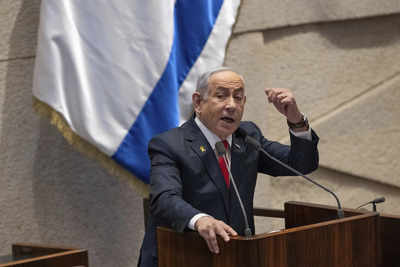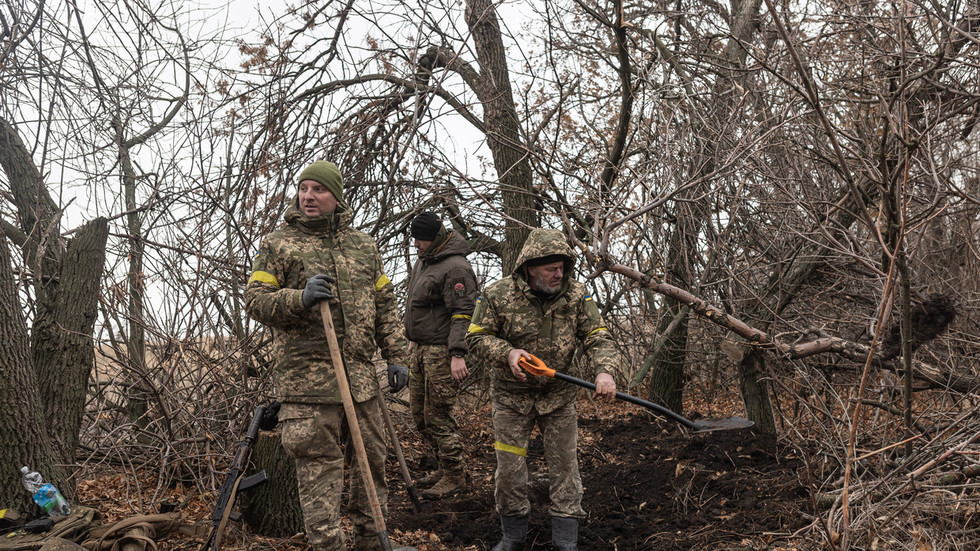
Israeli Prime Minister Benjamin Netanyahu on Tuesday recommended his Cabinet approve a
US-brokered ceasefire
deal with Hezbollah, signaling potential relief after 14 months of conflict tied to the ongoing Gaza war. Despite growing optimism, intense clashes continued in Lebanon, raising uncertainty over the deal's immediate implementation.
Ceasefire details and objectives
The proposed agreement outlines a two-month halt in hostilities, requiring Hezbollah to withdraw forces north of Lebanon’s Litani River while Israel returns its troops to the border. Thousands of Lebanese soldiers and UN peacekeepers would oversee enforcement, monitored by a US-led international panel. However, disputes over enforcement mechanisms, particularly Israel’s insistence on responding to violations, pose challenges to finalizing the deal.
Netanyahu argued the ceasefire would weaken Hezbollah’s influence, isolate Hamas in Gaza, and shift Israel's focus to Iran. "If Hezbollah breaks the agreement, we will attack with might," he warned in a televised address.
Escalation in final hours
Hours before the Cabinet meeting, Israel intensified airstrikes in Lebanon, targeting areas with reported Hezbollah activity. Lebanese officials reported 23 deaths, including civilians, in strikes across Beirut, Tyre, and Baalbek. Israeli warnings prompted mass evacuations in southern Lebanon and parts of Beirut.
Hezbollah responded with rocket barrages into northern Israel, triggering air raid alerts. The Israeli military said ground forces clashed with Hezbollah near the Litani River, claiming to have destroyed key rocket launchers.
Regional and political implications
The ceasefire could de-escalate tensions between Israel and Hezbollah, whose support for Hamas has fueled fears of wider regional conflict. However, critics, including Israeli National Security Minister Itamar Ben-Gvir, oppose the deal, calling it a "missed opportunity to eradicate Hezbollah."
While the proposal offers a path to ending the Israel-Hezbollah conflict, its impact on the Gaza war remains uncertain. White House National Security Spokesman John Kirby cautioned, “Nothing is done until everything is done.”
If implemented, the deal marks a significant step toward regional stability but leaves critical questions about its enforcement and durability unanswered.

 3 weeks ago
7
3 weeks ago
7









